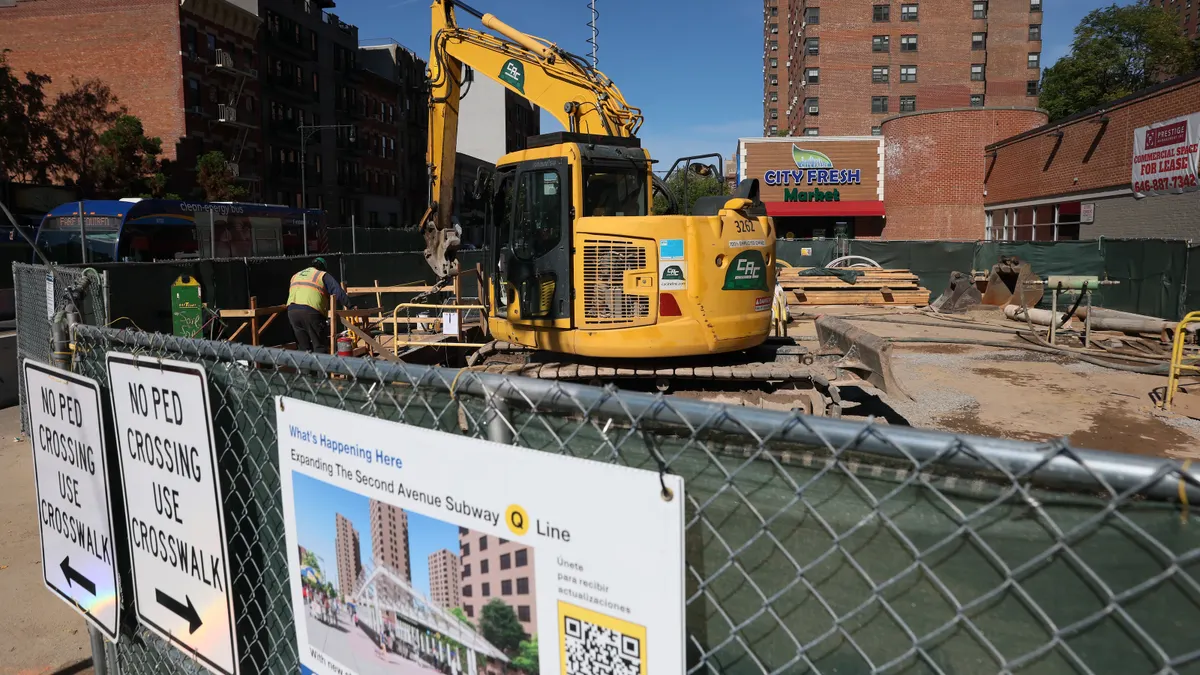First-time home buyers keep the real estate market alive: Without them to take the place of home owners who age out of the market, houses sit empty and builders stand idle. Young homeowners really are key to the recovery of the housing market.
Yet they’re not buying many homes.
Just 13.2% of 18- to 34-year-olds owned homes in March 2014, down from 17.2% in 2014 and 13.6% last year.
Despite home-buying frenzies in some parts of the country and modest growth in the sales of single-family homes, economists say housing—the traditional hero during an economic recovery—isn’t pulling its weight during this one, largely because so few young adults are investing in real estate.
Here are four reasons why the millennial generation is eschewing homeownership:
Student debt.
Student debt among young adults currently totals more than $1 trillion. And although RealtyTrac notes that recent graduates can still afford to buy homes in 96% of U.S. markets—even if they have student loans to pay off—the share of buyers in their mid- to late-20s dropped to 34.1% last year from 40.6% in 2007, according to the Census Bureau.
Grads with monthly student loans payments are 36% less likely to own homes than others, according to research by NASDAQ, either because they can’t qualify for mortgages or they feel they can’t afford them. In fact, young adults with student debt are less likely to own homes than their peers who never went to college, the Federal Reserve Bank of New York has reported.
High unemployment
Maybe if it were easier for members of Generation Y to find good jobs, they would buy more homes. But unemployment among 18- to 29-year-olds is hovering around 15%, while it’s closer to 6% for the population as a whole. In fact, 40% of unemployed workers are millennials.
Young job candidates struggle to find employment for several reasons. First, they’re competing against older, more experienced workers who have been laid off and are settling for the lower-level jobs that traditionally would have gone to new graduates. Second, millennials have a reputation for job-hopping, which employers don’t like: Consulting firm Generational Imperative estimates the average 26-year-old has had had seven employers. And third, some members of Generation Y refuse to work in entry-level jobs, feeling entitled to better positions and higher pay.
No kids.
A 2012 study at the Wharton School of the University of Pennsylvania revealed that just 42% of millennials plan to have children—a drop from 78% among the same age group in 1992.
Without children or spouses, perhaps they don’t need to own a home. Just 26% of millennials are married, compared with 36% of Generation Xers who were married at that age, 48% of Baby Boomers and 65% of older Americans.
In fact, 36% of millennials live with their parents, according to the Pew Research Center—the most in 40 years.
While economists at Trulia said this week that fewer 18- to 34-year-olds are living with their parents than a year ago, they’re still not forming their own households. Last week, The Census Bureau reported that the U.S. added 476,000 households in the past year, compared with 1.3 million in each of the two prior years.
And that’s not good for the economy, says Leesburg, Va., housing economist Thomas Lawler, who told the Wall Street Journal that steady household formation is a key driver of demand for housing, and housing sales are a key driver of economic recovery.
‘Sharing economy.’
Millennials are rethinking the concept of “ownership,” management consultant Sarah Sladek told the business newsletter The HR Specialist. This generation is more interested in access than in ownership, which Sladek calls “a dramatic economic and social change.”
Instead of chasing the American dream, young adults are opting to find ways to share things so they pay for and use them only when they need them. Consider Netflix (rent, don’t buy movies) and Zipcar (a car club that rents cars by the hour or day).
That thinking has led them to be satisfied to rent apartments rather than buy homes. According to Forbes, just 11% of 20- to 29-year-olds have mortgages, compared with consumers of all age groups. Some can’t qualify for loans; others can’t afford the down payments. Mortgages are hard to come by. And some simply like the flexibility of apartment living.


















